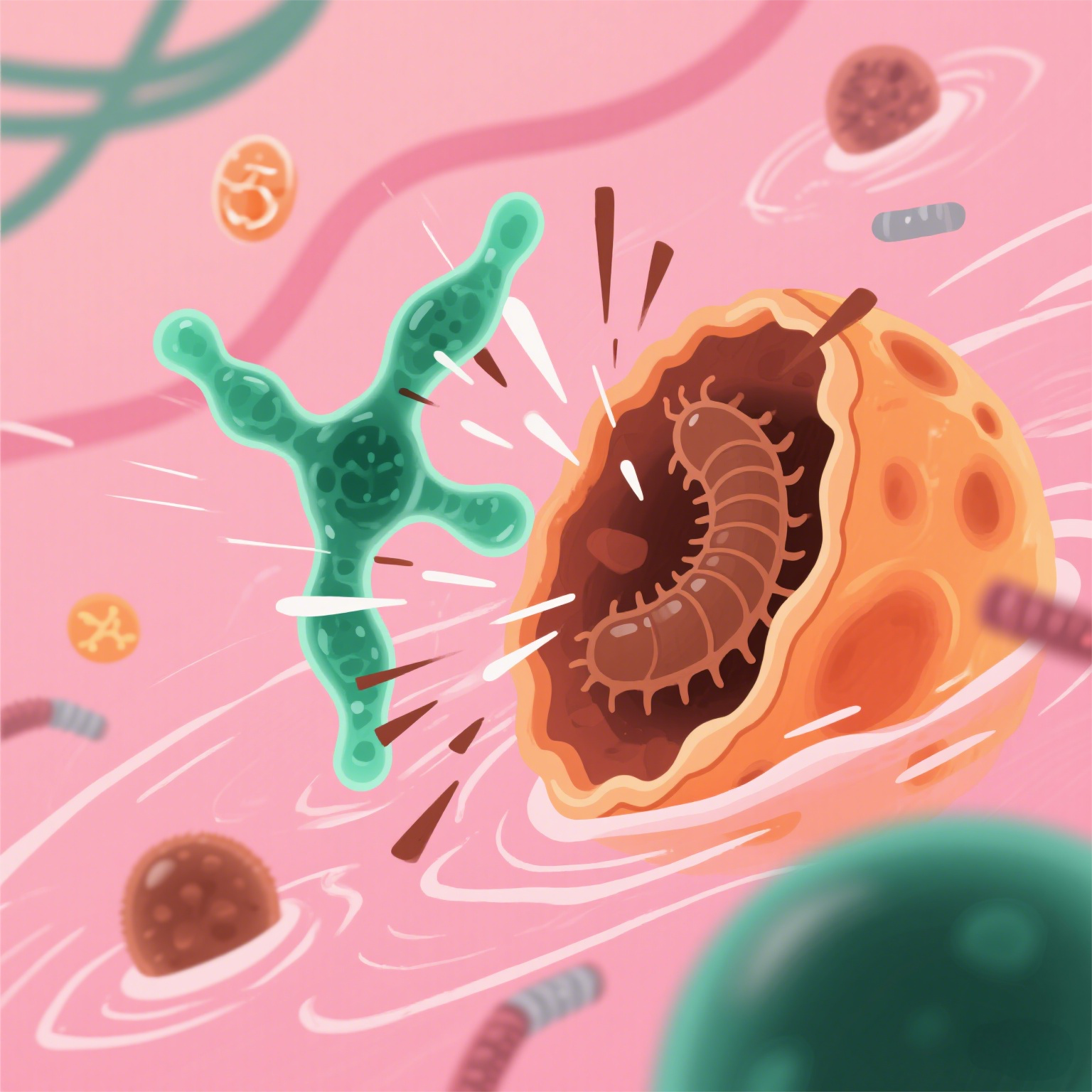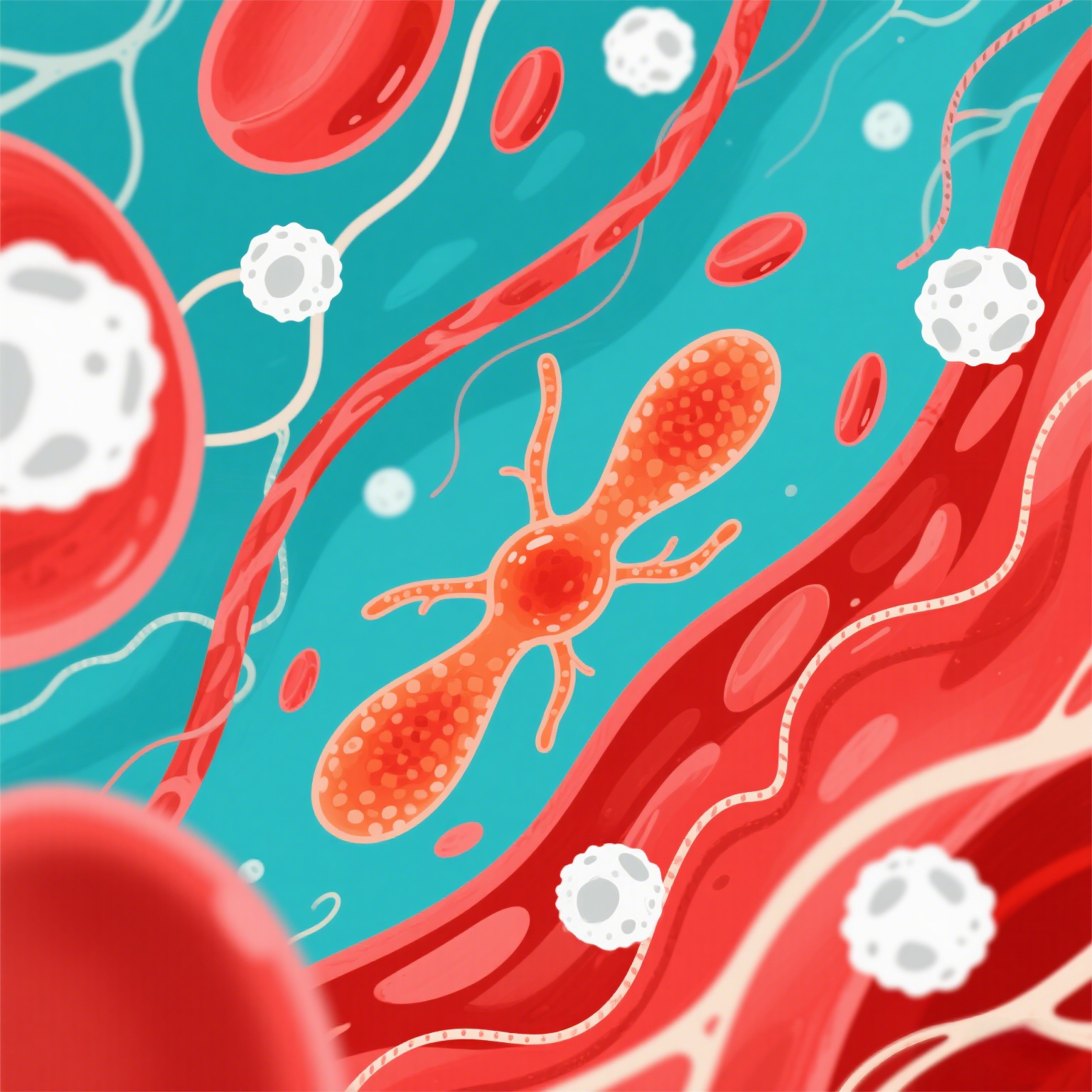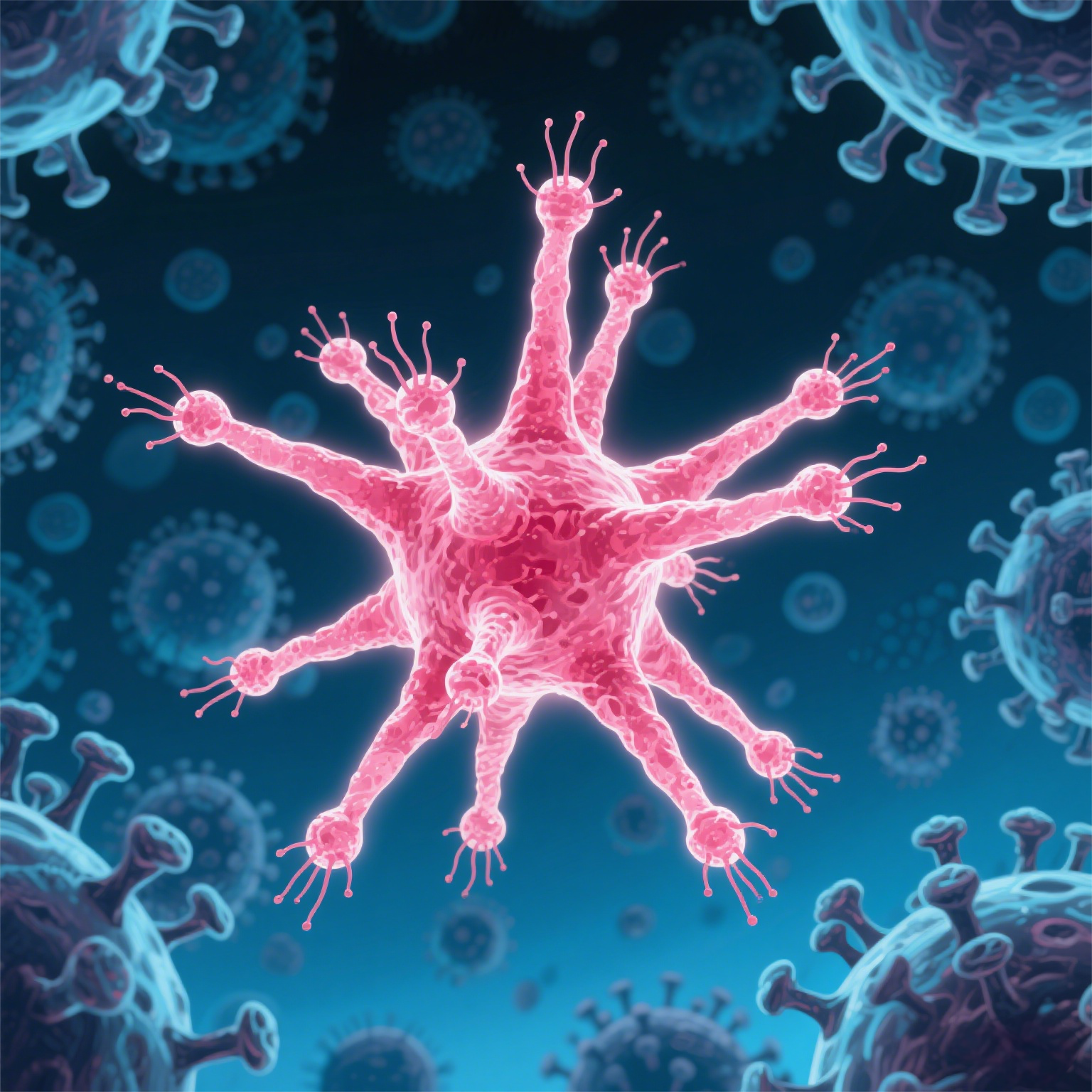
The InVivoPro Anti-Mouse PD-1(CD279) in vivo antibody, Clone 29F.1A12, has emerged as a cornerstone in preclinical immunotherapy research. Developed by BioXCell, this highly specialized monoclonal antibody targets murine PD-1, a key immune checkpoint molecule that dampens T-cell responses, allowing tumors and pathogens to evade immune detection.
Clone 29F.1A12, derived from a rat IgG2a clone, is manufactured under stringent animal-free conditions, guaranteeing exceptional purity (≥95%) and ultralow endotoxin levels (<1 EU/mg). It binds with high affinity and specificity to the extracellular domain of PD-1, effectively blocking its interaction with PD-L1 and PD-L2 ligands. By interrupting this inhibitory signaling axis, the antibody reinvigorates T-cell function, enhancing their cytotoxic ability against cancer cells and boosting antiviral immunity.
In preclinical oncology studies, Clone 29F.1A12 has shown remarkable efficacy. In murine models of melanoma, colorectal cancer, and breast cancer, treatment with this antibody led to significant tumor growth suppression. It promotes the activation and proliferation of CD8+ T cells, while reducing the proportion of exhausted T cells within the tumor microenvironment. When combined with other immunotherapeutic agents, such as anti-CTLA-4 antibodies or immunostimulatory cytokines, Clone 29F.1A12 demonstrates synergistic effects, further enhancing antitumor responses.
Beyond cancer research, this antibody is invaluable in infectious disease studies. In models of viral infections, including murine cytomegalovirus and lymphocytic choriomeningitis virus, Clone 29F.1A12 restores antiviral T-cell activity, facilitating viral clearance and preventing the development of chronic infections. It also aids in elucidating the role of PD-1 in immune exhaustion during persistent viral infections.
The performance of Clone 29F.1A12 has been rigorously validated through multiple experimental methods. Flow cytometry confirms its specific binding to PD-1+ T cells, while immunohistochemistry enables visualization of PD-1 expression in tissues. Pharmacokinetic studies have established optimal dosing regimens, typically involving intraperitoneal administration of 2.5–7.5 mg/kg, administered twice weekly.
Compared to other anti-PD-1 antibodies, Clone 29F.1A12 offers distinct advantages. Its high specificity minimizes off-target effects, ensuring reliable and reproducible results. Its low immunogenicity in mice allows for repeated administrations without triggering adverse immune reactions, making it suitable for long-term studies. Additionally, the availability of the antibody in various quantities accommodates both small-scale pilot studies and large-scale preclinical trials.
In summary, the InVivoPro Anti-Mouse PD-1 antibody, Clone 29F.1A12, is an indispensable tool for preclinical research. Its ability to effectively modulate the PD-1 pathway provides valuable insights into immune regulation and paves the way for the development of innovative immunotherapeutic strategies for cancer and infectious diseases.



